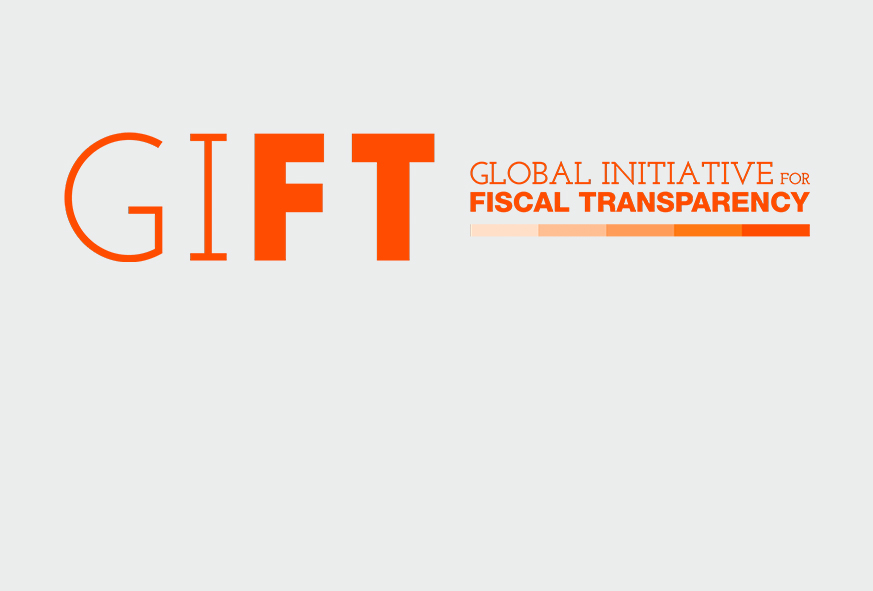We
will not be the same after 2020.
COVID-19 abruptly descended on
us, disrupting our reality and
unsettling us all in the
process. We have been locked
down, sometimes with fear,
gradually trying to understand
and come to terms with our new
world. We have all been
personally touched: we know
someone who got sick, some
survived, and others, sadly, did
not. We have praised recovery
and mourned loss.
We’ve persevered, trying our
best to get to the other side,
knowing however that some things
are forever changed. We’ve been
deeply moved and inspired by
those who put up their hands and
made a difference: health care
workers, delivery and food
supply chain personnel, and
janitorial workers; heroes
working endlessly, constantly
taking risks for others.
While our plans may have changed
radically, many of us are aware
of our privilege, being able to
continue with our lives, without
the worry that many others face.
We are among a small group of
people with resources that allow
us to continue functioning and
living our lives, from
relatively safe positions. We
are indeed fortunate, able to
continually speak, connect,
support and work with each
other.
We are, however, gravely
concerned with the devastating
effects of the pandemic.
COVID-19 has triggered the worst
humanitarian crisis in a
century. Low-income economies
are experiencing unparalleled
pressure to respond effectively
to urgent public health and
social needs with shrinking
resources. The Sustainable
Development Goals agenda has
been derailed. Debt levels are
rapidly increasing, adding to
the prospect that the public
finances of many countries will
be under considerable strain in
the very near future.
The pandemic has taken away
millions of jobs, with millions
of people falling into poverty,
some at the extreme level.
Sweeping interruptions in
education have left many behind.
Rooted in structural causes,
inequality and income
polarization has worsened, with
the vulnerable, marginalized and
voiceless experiencing greater
levels of exclusion—levels that
are likely to last for many
years to come. The pandemic’s
adverse effects on public
health, education, safety, labor
and income, among others,
has meant that decades of gains
for women and minorities are
being lost.
In our field, we know that
advancing fiscal transparency,
citizen empowerment and public
participation helps to set the
stage for the better allocation
and use of public resources.
More importantly, transparency
and informed participation
enable governments to better
serve their people, and give the
public greater power to request,
demand and defend their rights
to public services, including
access to vaccines, which is
something that is still an
aspiration for many. The GIFT
community is conscious of the
crucial role we need to play.
The causes for which we fight
are absolutely essential in
addressing some of the greatest
threats we face.
I recently heard the IMF
Managing Director, Kristalina
Goergieva say that the best
memorial we could leave to those
lost in the pandemic is to build
a more inclusive society
(here).
I could not agree more. She
importantly concluded that
“everyone has a role to play in
building this memorial”. The
role of the GIFT community in
building such a memorial is
crucial. Among us are champions
continually willing to
collaborate in testing
innovations for potential
scaling, thus providing
opportunities, services and
structured paths for reaching
fiscal transparency and
participation goals, that would
otherwise be well out of the
reach of individual members. And
the pandemic has generated
breakthroughs and innovations
that were unimaginable until
very recently, and which could
help us enormously. For
instance, new fiscal contracts
that redistribute and reappraise
the role of informed citizen
engagement, and the use of
government digital tools for
better service delivery and
addressing civic and economic
rights, are becoming part of the
discussions for solutions to the
progress we have lost.
At the dawn of the new year, let
me express my profound
confidence in our stewards and
partners’ resilience, as well as
in their capacity to adapt to
new ways of working together to
face the many challenges that
lie ahead of us. With gratitude
and as always ready to continue
our important work together, I
wish you a healthy and fruitful
2021.
Juan Pablo Guerrero
December 2020

